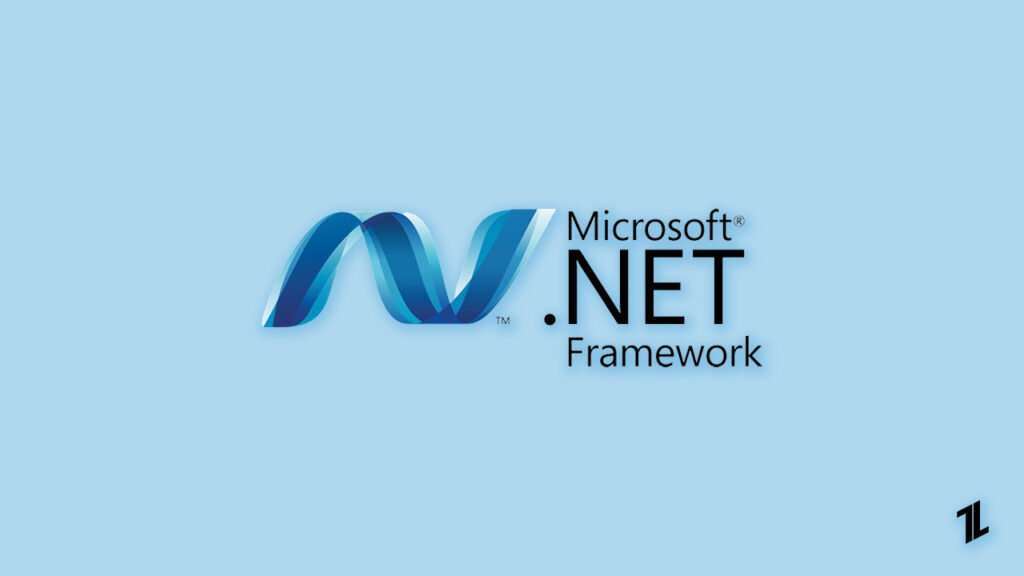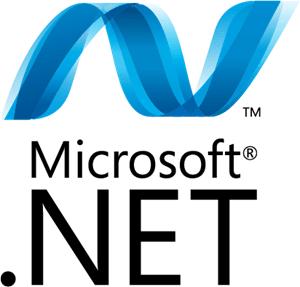.NET is a free, open-source, cross-platform framework that is used to develop a wide range of applications, including web, desktop, mobile, gaming, and IoT applications. It was first introduced by Microsoft in 2002, and has since become a popular choice among developers worldwide. Some key features and benefits of .NET include:
Cross-platform development: .NET allows developers to write code that can be compiled and executed on different operating systems, including Windows, macOS, and Linux.
High performance: .NET is optimized for performance and includes features such as just-in-time (JIT) compilation and garbage collection to help improve application performance.
Wide range of languages: .NET supports a wide range of programming languages, including C#, F#, and Visual Basic, giving developers the flexibility to choose the language that best suits their needs.
Robust libraries and frameworks: .NET includes a range of libraries and frameworks that developers can use to build applications quickly and easily, including ASP.NET for web development, WPF for desktop development, and Xamarin for mobile development.
Strong security features: .NET includes built-in security features such as code access security, which helps protect against malicious code and other security threats.
Community support: .NET has a large and active community of developers who contribute to its ongoing development and provide support to other developers.
Some popular applications built using .NET include Microsoft Office, Visual Studio, and Windows Forms, among others. Additionally, many businesses use .NET for their internal applications and to build custom software solutions.




